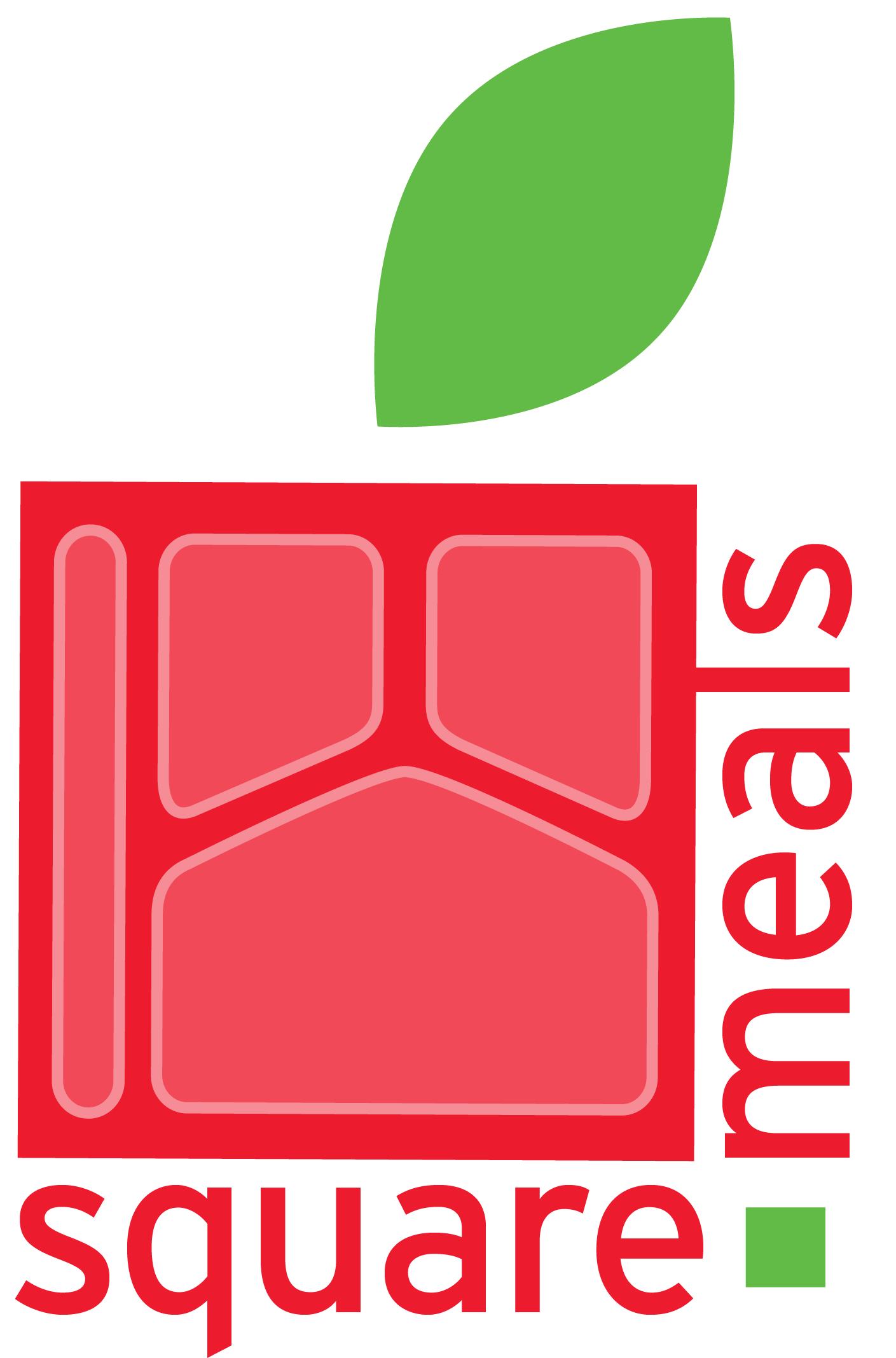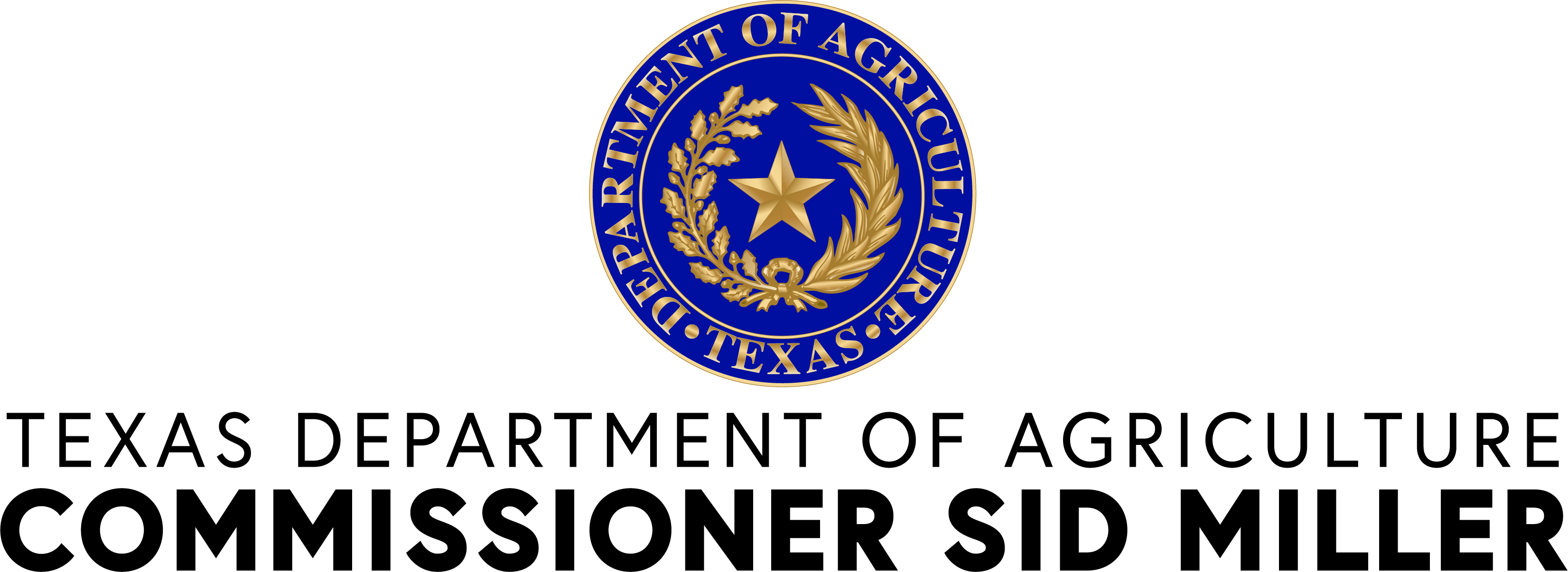| To see News by Program, select from an option below:
|
|
|
|
|
|
|
|
|
|
Latest News for the Food Distribution Program
|
|
Published: 1 years 117 days ago
" On October 31, 2024, USDA published the Food Distribution Programs - Improving Access & Parity Final Rule, which changes program regulations to make access and parity improvements within TEFAP, CSFP, and those using USDA Foods for disaster response. These changes must be implemented by December 30, 2024.
"
On October 31, 2024, USDA published the Food Distribution Programs - Improving Access & Parity Final Rule, which changes program regulations to make access and parity improvements within TEFAP, CSFP, and those using USDA Foods for disaster response. These changes must be implemented by December 30, 2024.
Changes include:
For CSFP:
• Increases CSFP’s maximum income eligibility guidelines from 130% of the Federal Poverty Guidelines, to 150% of the Federal Poverty Guidelines, so that the program can reach additional seniors in need.
• Streamlines CSFP home delivery services by providing flexibility for identity verification requirements at the time of delivery of CSFP foods. This change is intended to help support state and local agencies in modernizing the program’s delivery methods.
For TEFAP:
• Removes a longstanding, burdensome requirement that requires TEFAP eligible recipient agencies (ERAs) to collect the address of all TEFAP participants. This change will streamline the TEFAP intake process and minimize lines at food banks and pantries.
• Standardizes TEFAP income eligibility standards among state agencies and establishes a maximum income eligibility threshold range for the program. This change will reduce variance in income eligibility across state agencies, and protect TEFAP access for those most in need.
In USDA Foods in Disasters, the rule:
• Removes a longstanding restriction on the simultaneous provision of USDA Foods and Disaster Supplemental Nutrition Assistance Program (D-SNAP) benefits, which was determined to be unnecessary and slowed down the provision of food to those affected by disasters, emergencies, and distress situations.
• Revises reporting requirements for state agencies operating approved disaster household distributions. This reporting will improve USDA’s and state distributing agencies’ understanding of the quantity and types of USDA Foods available for emergency response and allow USDA to more quickly replace USDA Foods used in disaster response.
More information on these regulation changes can currently be found here. TDA will be updating handbooks and resources, providing updates on our regularly scheduled calls with the Food Banks, and posting updates on the TEFAP and CSFP Policy/Handbook pages, as required.
###
|
|
|
|
|
|
|
|
|
|
|
Assistance available in English and Spanish. Please call 877-TEX-MEAL (877-839-6325) for help. Additional translations services available as well.
|
|
In accordance with federal civil rights law and U.S. Department of Agriculture (USDA) civil rights regulations and policies, this institution is prohibited from discriminating on the basis of race, color, national origin, sex, disability, age, or reprisal or retaliation for prior civil rights activity.
Program information may be made available in languages other than English. Persons with disabilities who require alternative means of communication to obtain program information (e.g., Braille, large print, audiotape, American Sign Language), should contact the responsible state or local agency that administers the program or USDA’s TARGET Center at (202) 720-2600 (voice and TTY) or contact USDA through the Federal Relay Service at (800) 877-8339.
To file a program discrimination complaint, a Complainant should complete a Form AD-3027, USDA Program Discrimination Complaint Form which can be obtained online at: https://www.usda.gov/sites/default/files/documents/ad-3027.pdf, from any USDA office, by calling (866) 632-9992, or by writing a letter addressed to USDA. The letter must contain the complainant’s name, address, telephone number, and a written description of the alleged discriminatory action in sufficient detail to inform the Assistant Secretary for Civil Rights (ASCR) about the nature and date of an alleged civil rights violation. The completed AD-3027 form or letter must be submitted to USDA by:
|
|
1. Mail:
U.S. Department of Agriculture
Office of the Assistant Secretary for Civil Rights
1400 Independence Avenue, SW
Washington, D.C. 20250-9410; or
2. Fax: (833) 256-1665 or (202) 690-7442; or
|
|
| This institution is an equal opportunity provider. |
 |

|
|
|